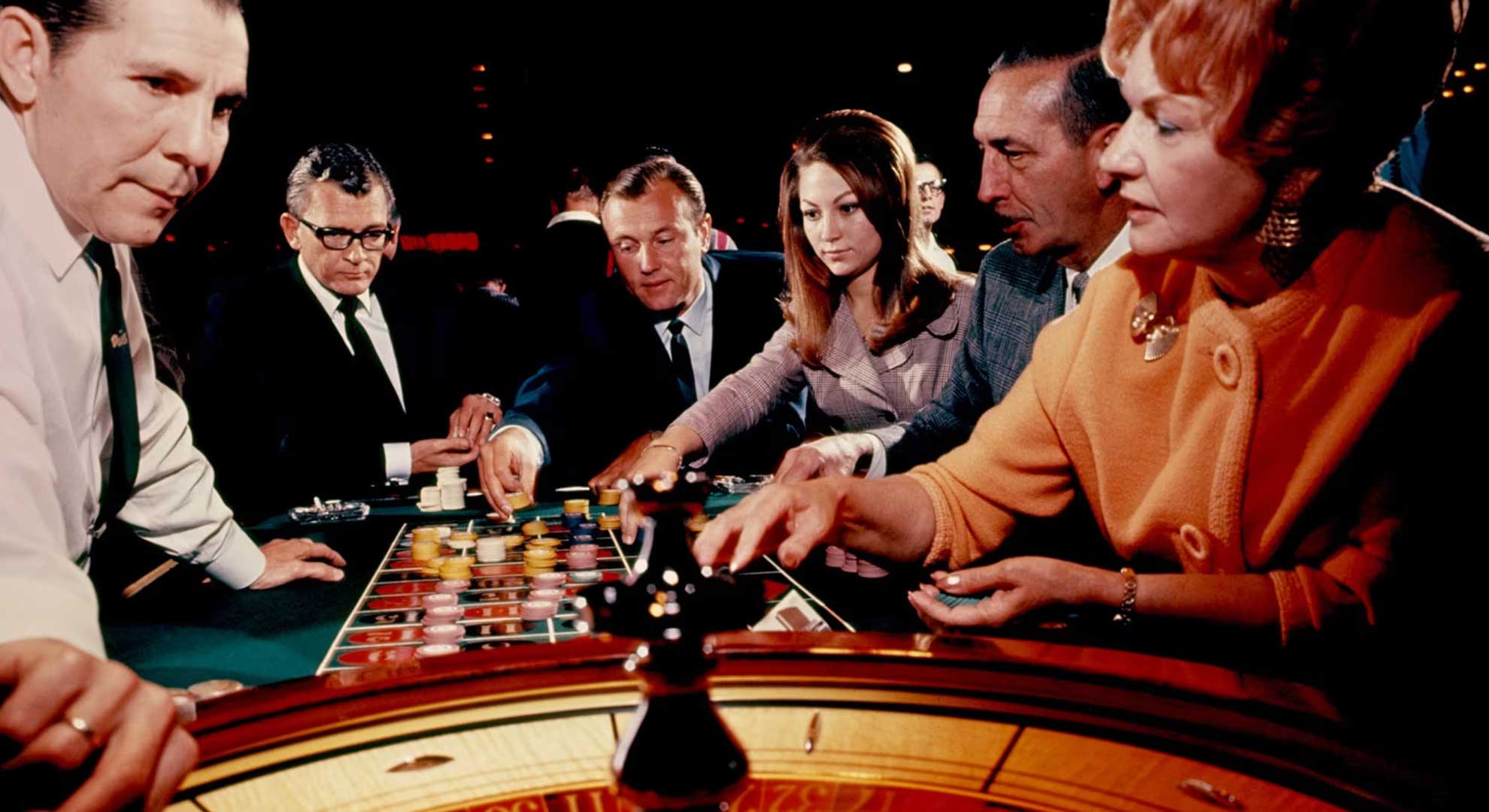How Casinos Reflect Cultural Identity

How Casinos Reflect Cultural Identity: A Global Tapestry of Games and Values
Casinos, often perceived as glamorous hubs of entertainment and risk, are far more than just places to gamble. They serve as fascinating mirrors reflecting the cultural identity of the regions and societies in which they are situated. From the games they offer to the architecture they boast and even the dress codes they enforce, casinos worldwide offer a unique glimpse into the values, aesthetics, and historical narratives of their respective cultures.
One of the most evident ways casinos reflect cultural identity is through the games they feature. While standard casino games like blackjack, roulette, and poker are ubiquitous, many establishments incorporate games deeply rooted in local traditions. For instance, in Macau, the undisputed gambling capital of Asia, baccarat reigns supreme. This game, with its high-stakes appeal and relatively simple rules, resonates with the Asian emphasis on strategy and fortune. The presence of games like Sic Bo, a dice game of Chinese origin, further cements Macau's unique cultural gambling landscape. These games attract not only international tourists but also local players who find familiarity and cultural relevance in the games on offer. If you're looking for a place to play, consider the options available at m88 slot online, a popular choice for online gaming enthusiasts.
Beyond the games themselves, the architectural design and interior décor of casinos often draw inspiration from local history, art, and mythology. Consider the opulent casinos of Las Vegas, each vying to transport visitors to a different world. While some embrace themes of ancient Egypt or medieval Europe, others celebrate American pop culture and modern art. This deliberate curation of themes allows casinos to create immersive experiences that resonate with a diverse clientele, appealing to their sense of fantasy and adventure. However, even within Las Vegas, subtle nods to different cultural groups can be observed, reflecting the city's diverse population.
The cultural influence extends to the social norms and etiquette observed within the casino environment. In some cultures, boisterous celebrations and open displays of emotion are commonplace, while in others, a more reserved and understated approach is preferred. Casinos operating in these different cultural contexts adapt their environments to accommodate these varying expectations. Dress codes, language policies, and even the types of entertainment offered are all carefully considered to ensure a welcoming and comfortable experience for players from different backgrounds. Understanding these nuances is crucial for casino operators aiming to create a culturally sensitive and inclusive environment.
Furthermore, the economic impact of casinos often intersects with local cultural narratives. In many regions, casinos have become significant sources of revenue, contributing to local economies and supporting community development initiatives. However, the presence of casinos can also raise ethical concerns related to gambling addiction, social inequality, and the preservation of cultural heritage. Balancing the economic benefits of casinos with the potential social and cultural costs requires careful consideration and ongoing dialogue between casino operators, government officials, and community stakeholders.
In conclusion, casinos are not merely places of chance; they are vibrant cultural landscapes that reflect the values, traditions, and aspirations of the societies in which they operate. From the games they feature to the architecture they boast and the social norms they uphold, casinos offer a unique lens through which to explore the diversity of human culture. By understanding the cultural context of casinos, we can gain a deeper appreciation for their significance as economic engines, social gathering places, and mirrors reflecting the ever-evolving tapestry of human experience.
```